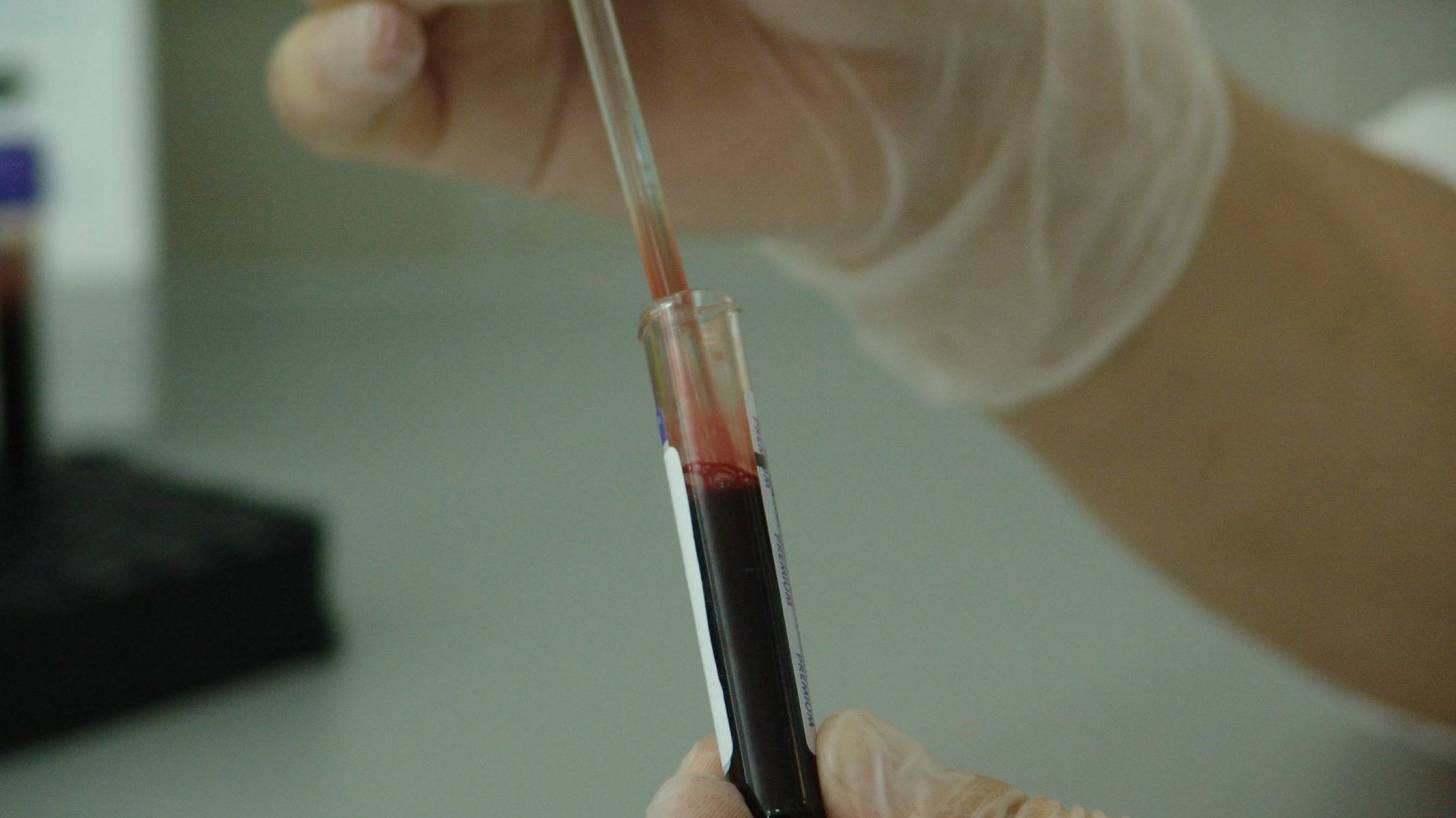HER2 Vaccine Candidate Met Phase 1b Study Endpoints

An Australian biotech company reported its Human Epidermal Growth Factor Receptor 2 (HER2) vaccine candidate, HER-Vaxx, successfully concluded its phase 1b clinical trial, setting the stage to launch a phase 2 study in 2019.
The data from the 14-patient clinical trial comes from the first 10 evaluable subjects who were given the HER-Vaxx vaccine at 3 doses on top of standard chemotherapy with cisplatin, and fluorouracil, or capecitabine.
Of these, 5 individuals had a partial response, with a 30 percent decrease or more in tumor size from baseline scans.
While 4 individuals showed disease stabilization.
HER-Vaxx is a B-cell peptide cancer vaccine designed to treat tumors that over-express the HER-2/neu receptor, such as gastric, breast, ovarian, lung and pancreatic cancers.
This immunotherapy is constructed from several B cell epitopes derived from the extracellular domain of the HER-2/neu protein.
Imugene CEO Leslie Chong said in a press release that ‘she is cautiously encouraged by the data, although the phase 1b study is only really intended to give a safety readout.’
Regarding the vaccine’s safety, ‘HER-Vaxx also seemed to be well-tolerated by these individuals,’ said Chong.
The HER-Vaxx vaccine performed best at the highest dose (50 mcg), which will be taken forward into phase 2.
HER-Vaxx grew out of work at the Medical University of Vienna in Austria and is designed to induce a patient’s own immune system to produce antibodies that can attack tumor cells.
Imugene’s hope is that vaccination will be an alternative to regular use of monoclonal antibodies, such as Roche’s Herceptin.
Herceptin was the first HER2-targeted therapy for breast cancer.
Herceptin is a monoclonal antibody that binds to HER2 receptors present on the surface of HER2-positive tumor cells, blocking them from receiving growth signals and flagging them for destruction by the immune system.
The phase 2 gastric cancer study, is expected to enroll 68 HER2-positive gastric cancer patients.
The introduction of trastuzumab led to the establishment of a new disease entity, “HER2-positive gastric cancer,” similar to HER2-positive breast cancer.
It is expected that more anti-HER2 drugs will be developed and introduced into clinical practice to treat HER2-positive cancers, including gastric cancer.
Our Trust Standards: Medical Advisory Committee
- Imugene Meets Endpoints in Phase 1b Gastric Cancer Immuno-oncology Trial
- A Study of IMU-131 Plus Standard of Care Chemotherapy in Patients With HER2/Neu Overexpressing Advanced Cancer of the Stomach
- B-Cell Peptide Cancer Vaccines
- HER2-positive gastric cancer
- Breast Cancer Vaccine Moves into Phase 2 Clinical Trial

























